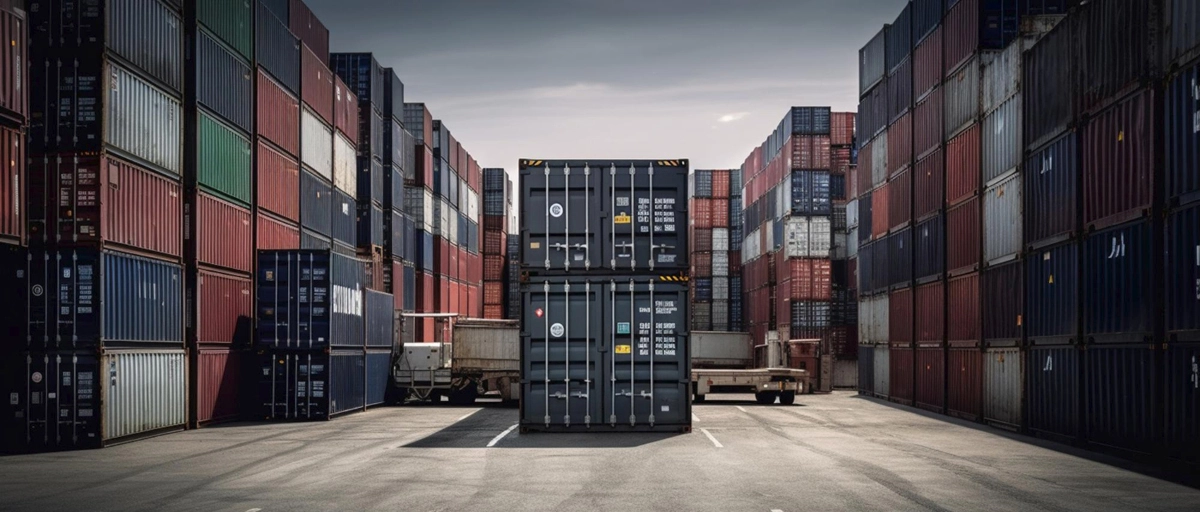Intercept Technology Ensures Safe Shipping in a Global Economy
The global economy has evolved from regionally focused markets to an interconnected world economy, resulting in products being staged, shipped, stored, and deployed across various parts of the globe. This shift in logistics has led to more complex supply chains, increased shipping times, and heightened product stress due to air pollution and temperature variations. For instance, levels of hydrogen sulfide (H2S) -- one of the most aggressive atmospheric pollutants -- are approximately 8 parts per billion (ppb) in the U.S., but this figure jumps to 600 ppb in Brazil and over 800 ppb in the Asia-Pacific Rim region.
Manufacturers must demand more from their packaging to meet these increased performance requirements. Intercept Technology™ functions as a reactive polymer specifically designed to address these challenges. It ensures that longer shipping cycles, harsher environments, elevated pollution levels, and the stresses associated with sea or air freight do not compromise product reliability. By protecting contents effectively, Intercept Technology helps ensure that products arrive safely at their destination.
One of the earliest widespread applications of Intercept Technology™ packaging was for export shipments, where it replaced traditional foil barrier bags. While foil bags were designed to keep ferrous metals (iron and steel) free from corrosion by providing a complete hermetic seal with humidity levels below 37%, they have significant limitations. Once these foil bags are opened at customs, the hermetic seal is broken, and protection ceases -- this also occurs if the bag is torn or develops even a small pinhole. Additionally, folded foil bags often show breaks in the metal layer at each fold line, compromising their protective capabilities. As passive barriers, foil bags trap corrosive environments from the pack-out location inside the bag and rely heavily on hermetic seals for effectiveness. Moreover, humidity has little impact on the corrosion of non-ferrous metals (those not based on iron), meaning that keeping them dry does not necessarily prevent corrosion.
Intercept Technology™ transcends these limitations by allowing bags, films, or wraps to be opened and resealed easily with tape -- common practice at customs -- or by enabling simple repairs and re-closures in the field or warehouse. Typically, a small amount of desiccant is added inside each Intercept bag (16 units per cubic meter of free air space; for a half-filled 1 cubic meter bag, only 8 units are needed) to reduce initial humidity when sealing the bag and prevent condensation. Additionally, Intercept materials are RFID transparent, allowing RFID tags to be placed inside the packs while RIBS Technology products provide RFID blocking and shielding when necessary.

